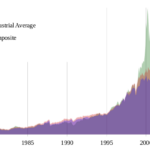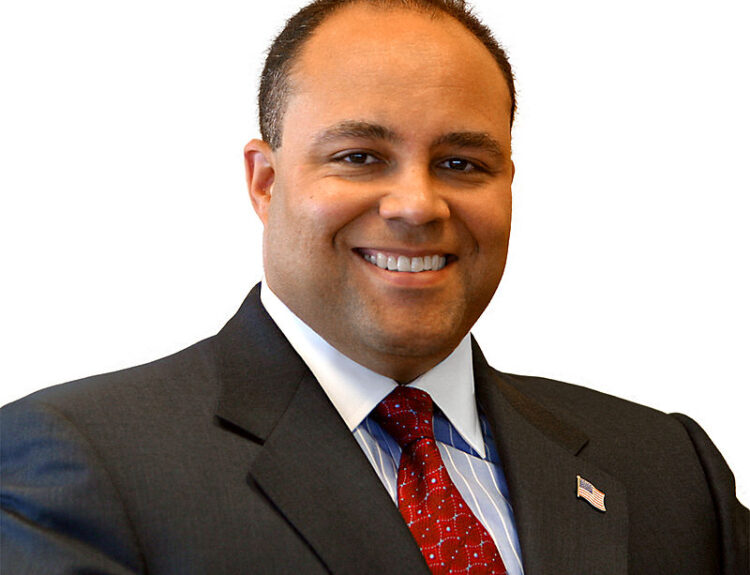Can the Fed bring inflation down without causing a recession?
- The Federal Reserve is hoping to bring inflation down to 2% without a recession
- Soft landings in the economy are historically rare
- Challenges faced by policymakers include rising oil prices and credit conditions tightening
- Consumer spending and President Biden’s investments have contributed to strong GDP growth
- Inflation has outpaced wage growth, leading consumers to rely on excess savings
- Lower-income households have depleted their savings, making adjustments more difficult
- Rising oil prices erode purchasing power and increase costs in various industries
- Higher material prices and tightening supply chains are impacting businesses’ profit margins
- Economists predict a mild slowdown in GDP growth, but not a negative recession
- The labor market remains strong, with a high ratio of job openings to unemployed
- Amazon’s hiring and wage increases will have ripple effects on other sectors
- The Fed may need to push the economy into a significant recession to offset inflationary pressures
- Soft landings have only been achieved once before, in 1994, with less significant inflation
The Federal Reserve is facing the challenge of bringing inflation down to 2% without causing a recession. Soft landings in the economy are historically rare, and policymakers are dealing with rising oil prices and tightening credit conditions. Despite strong GDP growth fueled by consumer spending and President Biden’s investments, inflation has outpaced wage growth, leading consumers to rely on excess savings. However, lower-income households have already depleted their savings, making adjustments more difficult. Rising oil prices are eroding purchasing power and increasing costs in various industries. Businesses are also facing higher material prices, tightening supply chains, and thinner profit margins. Economists predict a mild slowdown in GDP growth, but not a negative recession. The labor market remains strong, with a high ratio of job openings to unemployed. Amazon’s hiring and wage increases will have ripple effects on other sectors. To offset inflationary pressures, the Fed may need to push the economy into a significant recession, although soft landings have only been achieved once before, in 1994, with less significant inflation.
Factuality Level: 6
Factuality Justification: The article provides some relevant information about the challenges the Federal Reserve faces in bringing down inflation without causing a recession. However, it includes some tangential details and repetitive information. The article also includes the opinion of the author, which may be biased.
Noise Level: 3
Noise Justification: The article contains some relevant information about the challenges the Federal Reserve faces in bringing down inflation and the potential impact on the economy. However, it also includes some repetitive information and lacks in-depth analysis or actionable insights.
Financial Relevance: Yes
Financial Markets Impacted: The article discusses the Federal Reserve’s decision to hold U.S. interest rates steady and its impact on inflation and the U.S. economy. It also mentions rising oil prices and their effects on the economy and consumer prices. This information is relevant to financial markets and companies.
Presence Of Extreme Event: No
Nature Of Extreme Event: No
Impact Rating Of The Extreme Event: No
Rating Justification: The article does not describe any extreme events. It primarily focuses on the Federal Reserve’s monetary policy and its implications for inflation and the U.S. economy.
Private Companies: Amazon.com
Key People: Joe Biden (President), Alan Greenspan (Former Fed Chair), Jerome Powell (Fed Chair), Peter Morici (Economist and Emeritus Business Professor), Stanley Druckenmiller (Investor), Janet Yellen (Former Treasury Secretary)
 www.marketwatch.com
www.marketwatch.com 





